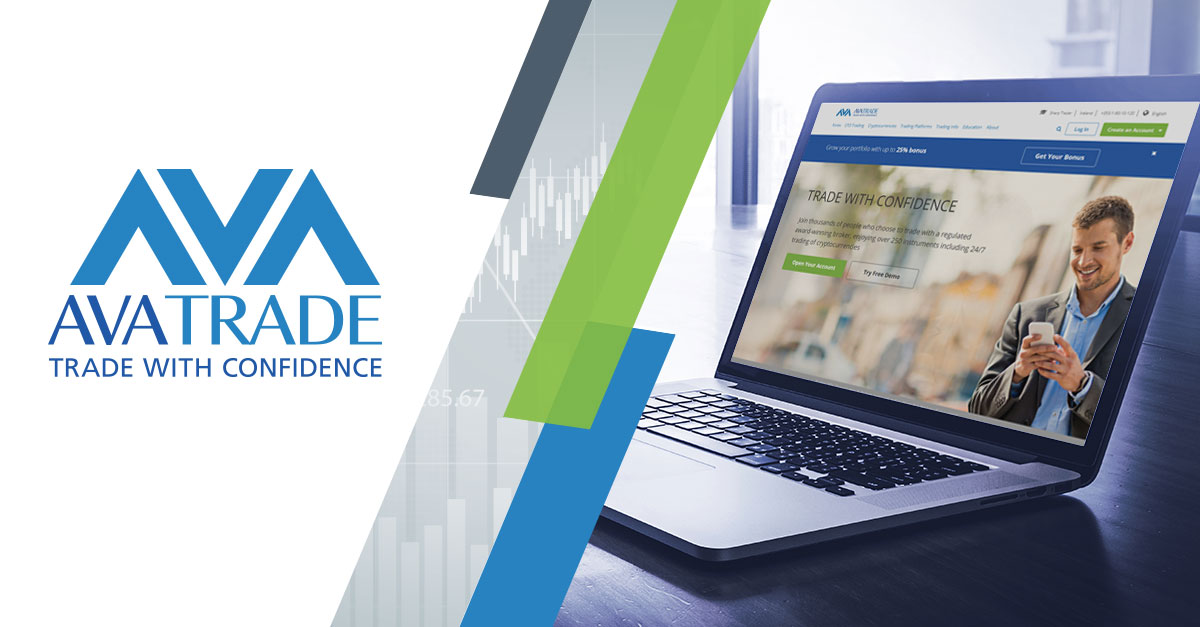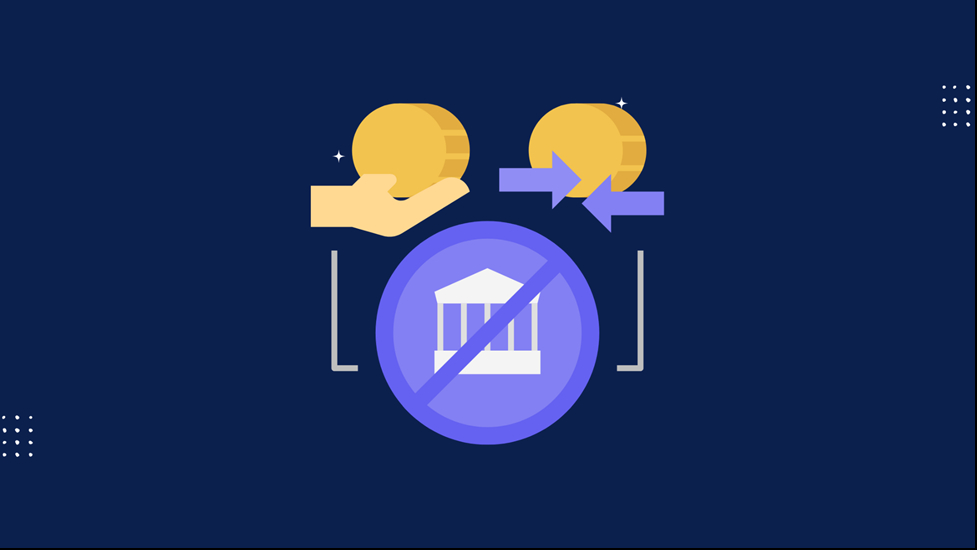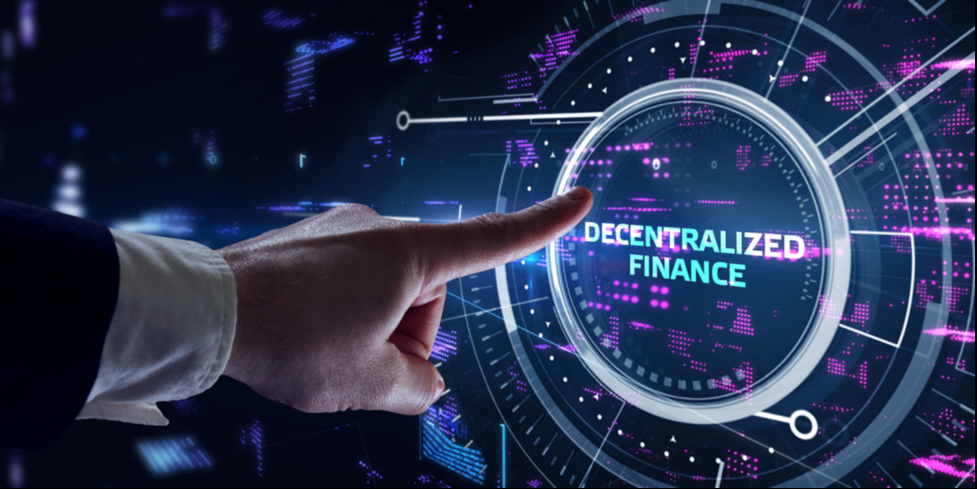Introduction to Decentralized Finance (DeFi)
Disclaimer: The following article is part of Cryptonews Deals Series and was written as a promotional article in collaboration with the sponsor of this offer. If your company has an exclusive promotion that you would like to share with our readers, we invite you to reach out to us. Let’s build together.

The world of finance is undergoing a paradigm shift with the emergence of decentralized finance (DeFi). Powered by blockchain technology, DeFi offers a transparent, open, and permissionless alternative to traditional financial systems.
In this article, we will delve into the world of DeFi, exploring its core concepts, benefits, and challenges. Join us as we navigate through the decentralized landscape of cryptocurrency trading.
Understanding DeFi: Unlocking Financial Freedom
Let’s dive into the inner workings of this groundbreaking technology.
Smart Contracts
At the heart of DeFi are smart contracts, which are self-executing agreements coded on blockchain networks. These contracts automatically execute predefined actions when specific conditions are met. Smart contracts ensure transparency, immutability, and security in DeFi transactions.

Blockchain Technology
DeFi relies on blockchain technology, most commonly the Ethereum blockchain. Blockchain provides a decentralized and transparent ledger where all transactions and data are recorded. It acts as a single source of truth, ensuring that participants can verify and audit transactions in real-time.
Decentralized Applications (DApps)
DeFi protocols are built as decentralized applications (DApps) on blockchain networks. These DApps offer various financial services, including lending, borrowing, trading, and investing, without relying on intermediaries like banks or brokers.
Interoperability
One of the key features of DeFi is its interoperability. DeFi protocols are designed to work seamlessly with each other, allowing users to leverage multiple applications and services within the ecosystem. This enables innovative financial products and services to be created by combining various DeFi protocols.
Decentralized Exchanges (DEXs)
Decentralized exchanges (DEXs) play a crucial role in DeFi by enabling peer-to-peer cryptocurrency trading. DEXs operate without the need for a central authority, allowing users to retain control of their funds. They utilize smart contracts to facilitate trustless and secure transactions directly between participants.

Liquidity Pools and Automated Market Makers (AMMs)
DeFi platforms often utilize liquidity pools and automated market makers (AMMs) to enable efficient trading.
Liquidity providers deposit their cryptocurrencies into these pools, which are used to facilitate trades. AMMs, governed by smart contracts, automatically determine token prices based on the ratio of assets in the pool, ensuring liquidity and continuous trading.
Yield Farming and Staking
DeFi introduces innovative concepts like yield farming and staking, incentivizing users to participate in the ecosystem.
Yield farming involves users providing liquidity to protocols in exchange for rewards in the form of additional tokens. Staking, on the other hand, involves users locking their tokens to support network operations and earning staking rewards.
Governance and Decentralized Autonomous Organizations (DAOs):
Many DeFi protocols employ governance mechanisms through decentralized autonomous organizations (DAOs).
DAOs enable token holders to participate in decision-making processes like protocol upgrades, fee structures, or asset listings. Token holders can vote on proposals, ensuring a democratic and decentralized governance structure.
Security and Auditing
While DeFi offers numerous opportunities, it is crucial to address security concerns. Understanding the risks, using reputable platforms, and employing best security practices are essential for safe participation in DeFi.
Smart contracts are audited to identify vulnerabilities and mitigate risks. However, users must remain vigilant and conduct due diligence before interacting with DeFi protocols.
Benefits of DeFi
Here are some of the benefits of decentralized finance:
Financial Inclusion
DeFi opens up financial services to anyone with an internet connection, enabling individuals from underserved regions to participate in global markets.
Transparency
DeFi protocols operate on open and auditable blockchains, providing users with unparalleled visibility into transactions and smart contract operations.
Elimination of Intermediaries
By removing intermediaries such as banks or brokers, DeFi reduces costs and enhances efficiency, ensuring a more equitable financial ecosystem.
Programmability
DeFi protocols are built on smart contracts, allowing for the creation of complex and automated financial applications that operate autonomously.
What are the risks of DeFi?
While DeFi offers exciting opportunities, it also comes with risks. Smart contract vulnerabilities, market volatility, and regulatory uncertainties are some key risks associated with DeFi.
Diversifying investments, staying informed, and using reputable platforms to mitigate these risks are, thus, crucial. Some of the risks of DeFi include:
Security
DeFi applications are built on top of relatively new and untested blockchain technology. There have been several high-profile hacks of DeFi applications, so choosing your DeFi applications carefully is important.
Complexity
DeFi applications can be complex and difficult to understand. It is important to do your research before using any DeFi application.
Volatility
The prices of cryptocurrencies, which are used to power DeFi applications, are volatile. This means that your investment could lose value quickly.
DeFi and Cryptocurrency Trading: Empowering Investors

One of the key areas where DeFi has made significant strides is cryptocurrency trading. DEXs are platforms that facilitate the peer-to-peer exchange of cryptocurrencies without the need for intermediaries. Users retain control of their funds while trading directly with other participants, making DEXs more secure and resistant to hacks.
Advantages of DEXs
Here are some of the pros of decentralized exchanges:
Enhanced Security
DEXs eliminate the need for users to trust centralized exchanges with their funds, reducing the risk of hacks or theft.
Greater Privacy
DEXs often operate without user identification or KYC procedures, allowing individuals to maintain their privacy.
Lower Fees
DEXs typically have lower transaction fees than centralized exchanges, as they remove the costs associated with intermediaries.
Promote a highly regulated brokerage with an excellent reputation.
Promote an established, highly forex regulated brokerage with a strong international presence and regulatory licenses across 6 jurisdictions. AvaTrade has built a global reputation for excellence over the last 15 years, and is an innovative and reputable brand.
Choose from tailored made commission plans to fit your affiliate business model!
Your success is our success. AvaPartner is here to help you every step of the way. We offer CPA, RevShare, and hybrid commission plans. Choose a tailor made commission plan that suits your affiliate business model and allows for rapid future growth. Our commission plans offer flexibility, transparency and maximum profitability to suit your business needs.
Grow your business with AvaPartner!
AvaPartner wants to build profitable long term partnerships with its affiliates. We’ll work with you to help build and grow your business. AvaTrade partners receive access to our cutting edge reporting dashboard that offers full transparency, high converting marketing materials, and expert affiliate advice and support in your language.
Promote more than just Forex program and increase commissions!
Increase your revenues by promoting AvaTrade’s complete asset index. In addition to trading CFD’s where you can trade the latest cryptocurrencies, forex, stocks, bonds, ETFs and indexes, you can promote options too! AvaTrade is opening the global markets and creating endless trading possibilities.
Promote a leading innovative brokerage that offers more.
AvaTrade invests heavily in the latest trading technology. We currently offer 9 trading platforms including the prestigious MT4 and MT5. Our innovative trading tools and apps are strong selling points when you promote our brand.
Conclusion
DeFi is a groundbreaking technology transforming the traditional financial system. By leveraging blockchain, smart contracts, and decentralized applications, DeFi enables direct peer-to-peer transactions, removing intermediaries and empowering users.
Decentralized exchanges, liquidity pools, yield farming, staking, and governance mechanisms are just a few examples of the innovative concepts introduced by DeFi. However, as with any emerging technology, it is important to remain vigilant and conduct due diligence to ensure safe participation in DeFi.
AvaTrade is a reputable platform to consider if you’re interested in cryptocurrency trading. With over 50 cryptocurrency pairs available for trading, competitive spreads, and advanced trading tools, AvaTrade provides a comprehensive trading experience. With AvaTrade, you can access the exciting world of cryptocurrency trading while benefiting from a reliable and secure trading environment.
Frequently Asked Questions (FAQs)
Is AvaTrade safe?
AvaTrade is a perfectly safe, highly secure trading platform powered with advanced tools that ensure that your funds aren’t compromised.
Does AvaTrade have a mobile app?
Yes, AvaTrade is available on the iOS App Store and the Google PlayStore
What trading options does AvaTrade support?
AvaTrade supports Forex Trading, CFD trading, and crypto trading.



